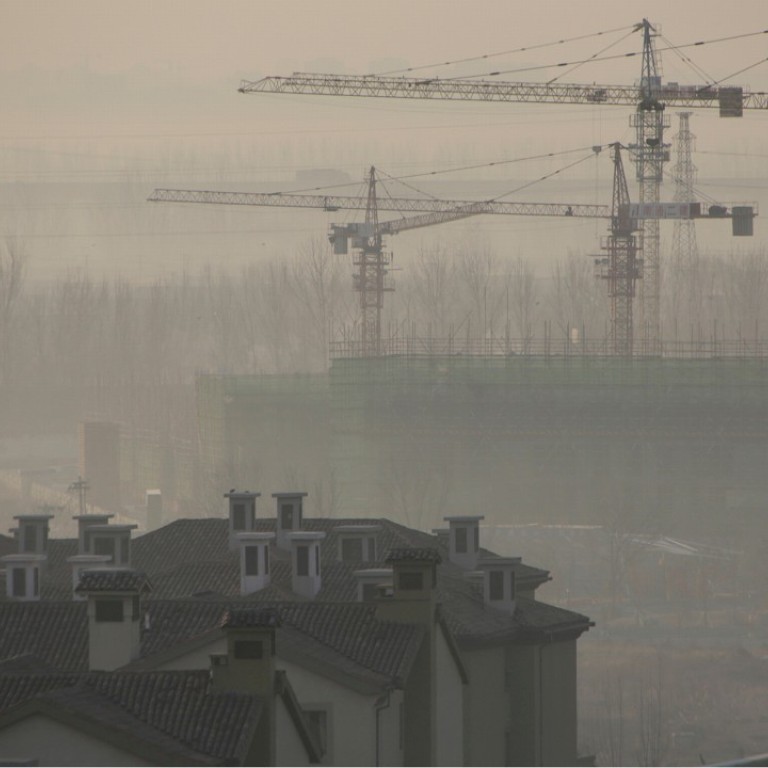
Chinese families in smaller cities keen on buying property despite rising prices
Attitude towards property investment varies widely in top tier and secondary Chinese cities even as housing index rebounds in March from the lowest level in two years, according to a Nielsen survey
The appetite for property investment among urban Chinese households rebounded in March from the lowest level in two years as more families in smaller cities opted to buy homes despite rising prices, according to a survey conducted by market research company Nielsen for Bank of Communications.
The bimonthly household property investment index increased to 111 last month after remaining unchanged at 109 in January, its lowest since March 2016, thanks to rising momentum in smaller cities, the Shanghai-based bank said on Monday.
The property investment index of top cities – including Beijing, Shanghai, Guangzhou and Shenzhen that it defined as “core” cities – remained unchanged at 106 in March, while the indicator for smaller, or non-core, cities rose by four points to 115.
“The attitude towards property investment is further diverging between core and non-core cities,” the fifth biggest bank in China said.
The survey found that families in big cities were taking a wait-and-see attitude amid signs of falling prices while those in smaller cities were showing more investment interest on price gains.
Data from the National Bureau of Statistics data showed that price growth of new homes in top cities dipped by 0.1 percentage point year on year in February, while those of pre-owned homes dipped 0.6 percentage points, marking a slowdown for 17 straight months.
However, the growth in prices of new residential projects in smaller cities picked up by 0.4 percentage points in February, while those of pre-owned ones inched up by 0.1 percentage point.
Xia Dan, a senior researcher at the bank, in Shanghai, said that the prospects of an escalating trade war between the United States and China has affected the stock market and dimmed the allure of liquid assets, thus pushing households to look at real estate as an investment option.
The findings were part of a broader index that has gauged urban wealth based on the opinions of 1,800 well-off Chinese households every two months since late 2010.
Nielsen conducts a survey of households with an annual after-tax income of more than 100,000 yuan (US$15,121) in Beijing, Shanghai, Guangzhou, Shenzhen and Chengdu, as well as those with incomes of at least 80,000 yuan in another 21 major cities.
In the first two months of this year, residential property investments rose by 12.3 per cent year on year to 737.9 billion yuan, with residential developments accounting for 68 per cent of total real estate investments in China, according to national data.

